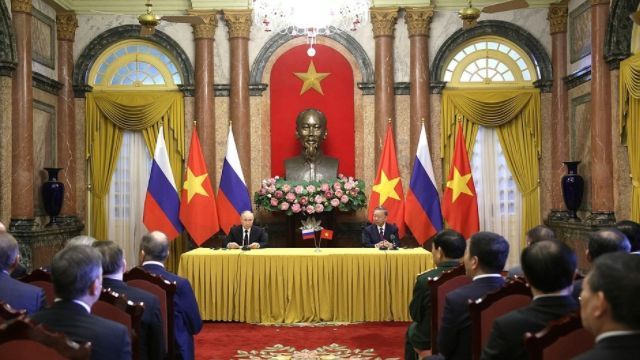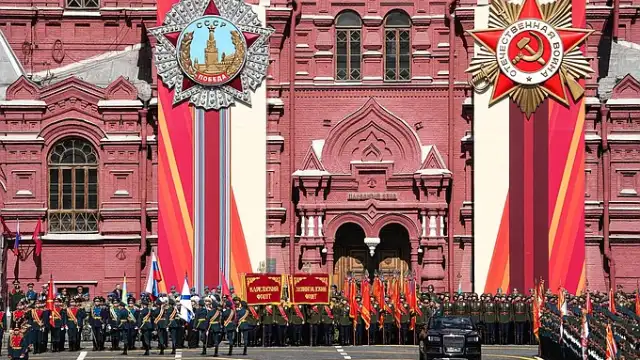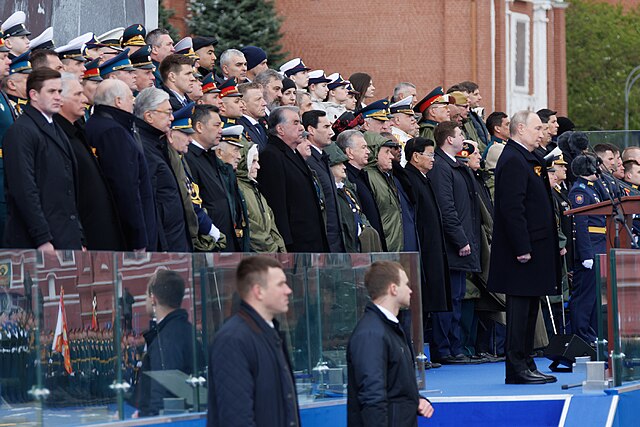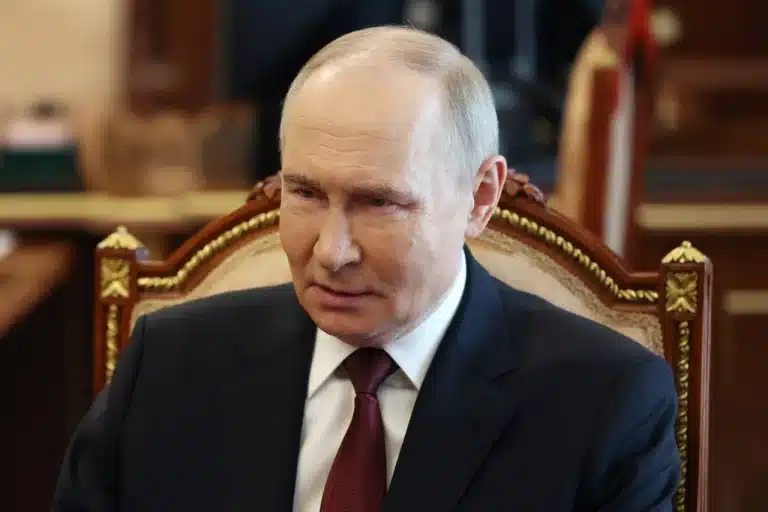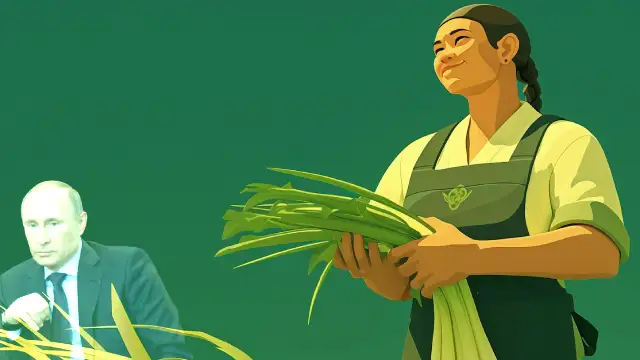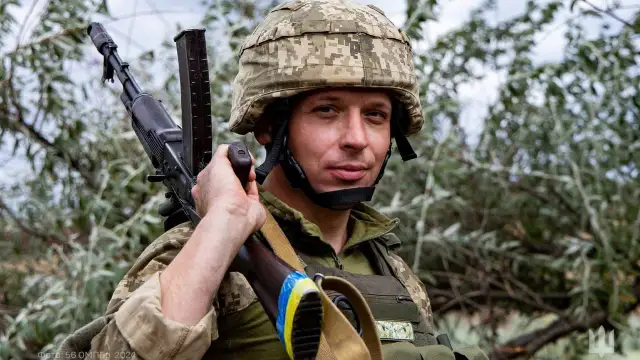Russian President Vladimir Putin’s recent two-day visit to Vietnam concluded on Thursday with the signing of multiple agreements in areas such as economy, security, and education. Mr Putin’s Vietnam visit included strategic meetings with Vietnamese President To Lam and other officials, aimed at strengthening Russia-Vietnam ties.
Prominent deals and partnerships
Mr Putin and Mr Lam agreed to continue working jointly on a range of topics including economic, scientific and technical spheres, defence, security and humanitarian relations, Russian news agency TASS reported.
They highlighted significant achievements and cooperation between the nations across sectors like energy collaboration, industrial projects and infrastructure development like the Vladivostok – Ho Chi Minh City maritime corridor, and cultural exchanges.
Expressing shared interest in ensuring regional security in the Asia-Pacific, both countries reasserted their commitment to international law, sovereignty and non-interference.
“Comrade President and I have adopted a statement that supports the principles of the Russian-Vietnamese comprehensive strategic partnership and announces new guidelines for our joint work in the future,” the Russian leader said.
President Putin, before his visit, wrote an article in the official newspaper of the Communist Party of Vietnam, Nhan Dan, in which he manifested confidence in his counterpart and said “We see Vietnam as a like-minded partner in shaping a new architecture of equal and indivisible Eurasian security on an inclusive and non-discriminatory basis.”
It highlights Moscow’s efforts to strengthen its economic ties with the South Asian nation but is Vietnam an unshakeable ally for Russia?
Is Vietnam a long-term partner?
Vietnam, having ties with the West, has taken a neutral stance on Russia in the Ukraine war. Vietnam didn’t attend the Swiss peace summit on Ukraine.
Russia’s ties with Vietnam go back to the Soviet times. The Soviet Union remained a steadfast supporter of Vietnam in its liberation war against French colonial rule and also supported Ho Chi Minh-led communist northern part in defeating the US in the southern part.
“Our countries are linked by a strong bond of shared history. Next year will mark 75 years of diplomatic relations between Russia and Vietnam. As is widely known, the Soviet Union did a lot to support the young Vietnamese statehood, assisting in the development of economic facilities and infrastructure, helping Vietnam with personnel training and improving the country’s defence capabilities,” Mr Putin said.
It appears that Moscow is significant to Hanoi because it is the biggest supplier of military equipment to the South Asian country. It also underlines that Vietnam manages to maintain its sovereignty claims in the South China Sea because of Russian oil exploration technologies.
The US, which killed over a million people in Vietnam in its decade-long aggression, has expressed unhappiness over Mr Putin’s Vietnam visit.
The US Embassy in Vietnam sharply criticised the country for allowing Mr Putin to travel freely as it could “normalise Russia’s blatant violations of international law.” It emphasises that “no country should give Putin a platform to promote his war of aggression and otherwise allow him to normalise his atrocities.”
Vietnam, like North Korea, has also been accused of supplying weapons to Russia.
Vietnam is not likely to supply weapons in large quantities to Russia to avoid any complications with the West, with which it has some progressive relations.
“Vietnam follows an independent, self-reliant, peaceful, friendly and multifaceted foreign policy, and has always viewed Russia as one of its priority foreign policy partners. We want to work with Russia to further enhance our traditional friendship which results from the constructive efforts by many generations of our two countries’ leaders and their people,” Mr Lam said.
Mr Putin highlighted the growing trade between both countries. Russia-Vietnam trade increased by 8% last year and it’s growing by more than a third compared to last year, he said.
Vietnamese officials have expressed optimism in strengthening relations with Russia underlining mutual interest in regional stability and security as well as economic cooperation.
Western sanctions on Russia
Mr Putin’s Vietnam visit occurs as the US-led West attempts to isolate Russia with increasing economic sanctions over its actions in Ukraine. Analysts suggest that Moscow is bolstering its strategic relations with long-term Asian partners like Vietnam and North Korea in response to international pressure.
The European Union (EU) has announced a significant 14th package of sanctions on Moscow to limit its military funding for the Ukraine war. This announcement coincided with the G7 Summit in Italy, where additional sanctions and loans for Ukraine were discussed.
Since the Ukraine war began, Russia has faced Western bans on importing technology for weapon development and exporting gold and diamonds. The G7 Summit has also highlighted restricting the re-export of Russian fuel from third-party countries like India. Additionally, $486bn of Russian overseas assets remain frozen, and Russian banks were excluded from Swift in May 2022.
In 2023, the International Criminal Court (ICC) issued an arrest warrant against Mr Putin for alleged war crimes in Ukraine, which Russia dismissed as “outrageous and unacceptable.”
Despite the sanctions, Russia’s engagement with the global south has grown, as evidenced by the high participation in the recently-held St Petersburg International Economic Forum (SPIEF).
Mr Putin’s Vietnam visit, following his visit to North Korea, and the signed treaties with both countries, demonstrate Russia’s continued influence in Asia in particular and the global south in general.
What’s next?
Amid extreme international isolation and pressure on Russia by the West, Mr Putin’s Vietnam visit, following North Korea where he signed some significant strategic deals, shows that Moscow still has some strong allies and the sanctions cannot stop it.
Nyugen Khac Giang, an analyst at Singapore’s ISEAS-Yusof Ishak Institute, told CNA that Mr Putin’s visits to China, North Korea and Vietnam are attempts to “break the international isolation.”
The 12 strategic agreements signed during the visit, with some “not made public”, are likely to ensure deeper economic and strategic alignment between the two countries. Russia’s diplomatic endeavours in Asian countries—including, Mr Putin’s Vietnam visit—underscore its efforts to bolster its partnerships to deal in the face of international pressure with diplomatic and economic challenges posed by the western sanctions. Will this move strengthen Russia’s position in the world and help reshape global geopolitics in its favour?
Join our channels on Telegram and WhatsApp to receive geopolitical updates, videos and more.

